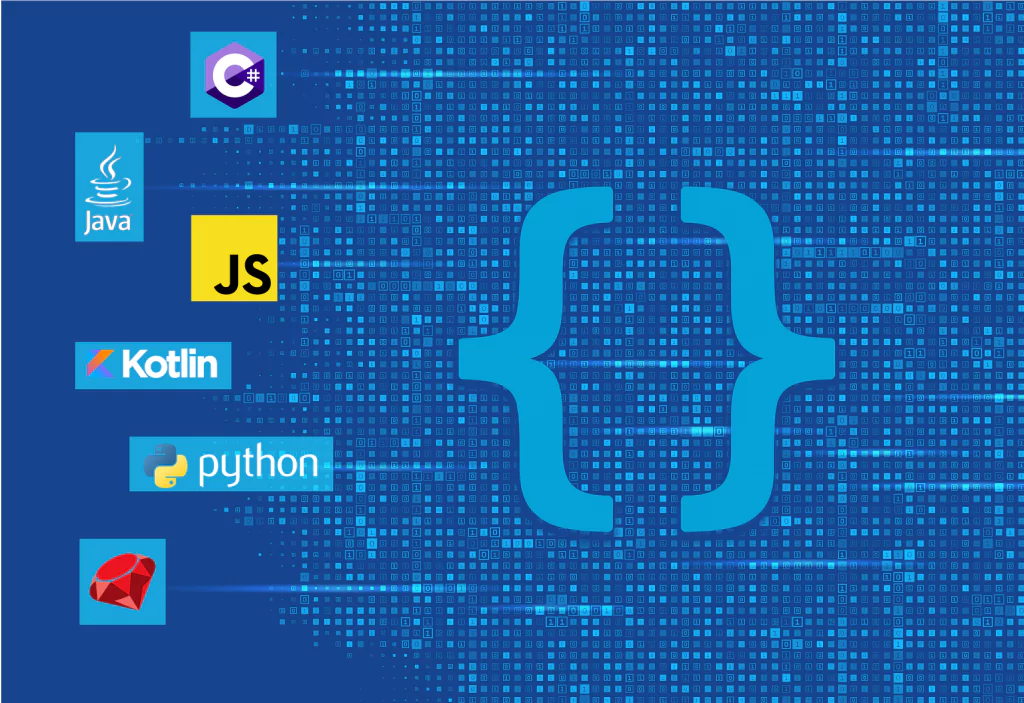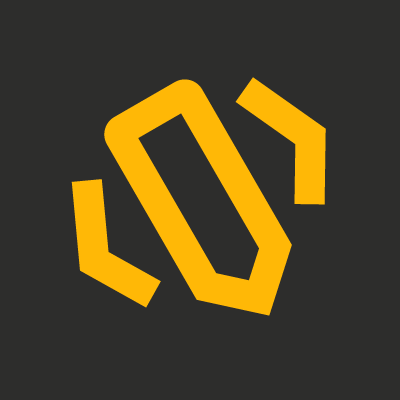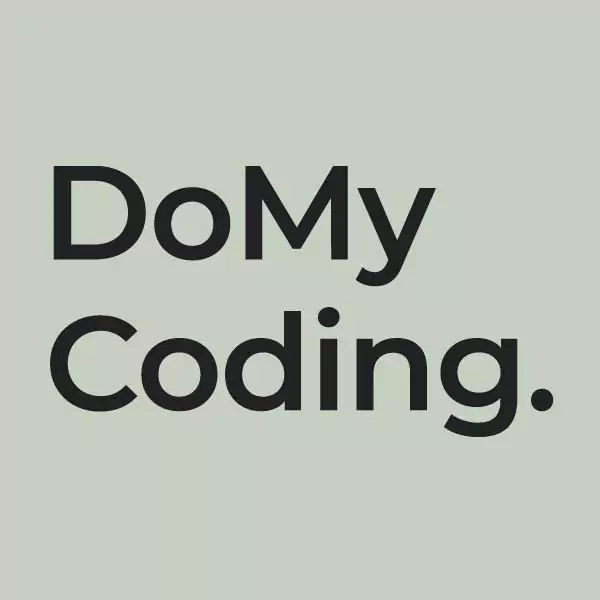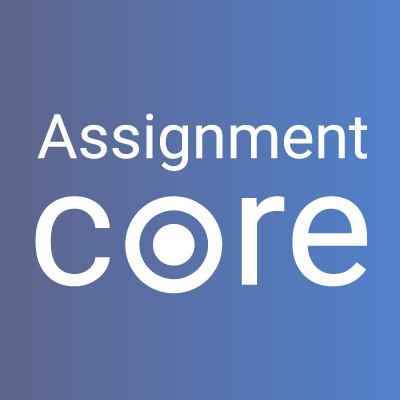Diving into the world of programming languages can be overwhelming for beginners and experienced programmers alike. With so many languages to choose from, it’s essential to understand the different types available and their unique characteristics. In this article, we’ll explore various types of programming languages, tips from seasoned developers, and personal experiences to help you make an informed decision on which one to learn.

✅ AI Essay Writer ✅ AI Detector ✅ Plagchecker ✅ Paraphraser
✅ Summarizer ✅ Citation Generator

Low-level vs. High-level languages
The fundamental distinction between low-level and high-level programming languages is crucial. Low-level languages, such as Assembly, are closer to machine code and require a deep understanding of computer hardware. High-level languages, like Python and Java, are more abstract and user-friendly, making them a popular choice for many programmers.
Imperative vs. Declarative languages
Understanding the difference between imperative and declarative programming languages is essential. Imperative languages, like C and Java, involve giving step-by-step instructions to the computer. In contrast, declarative languages, such as SQL and Haskell, focus on describing the desired outcome without specifying how to achieve it.
Object-oriented vs. Functional languages
Comparing object-oriented and functional programming languages is also vital. Object-oriented languages, like Java and C++, emphasize the use of objects and classes to model real-world entities. Functional languages, such as Lisp and Haskell, focus on applying functions and avoid changing state or mutable data.
Scripting languages
Recognizing the importance of scripting languages, like Python, JavaScript, and Ruby, is crucial. Scripting languages are often used for automating tasks, web development, and quick prototyping. They tend to have a more straightforward syntax and are generally easier to learn, making them a popular choice for beginners.
Domain-specific languages
It’s also important to be aware of domain-specific languages (DSLs), which are tailored to specific industries or tasks. Examples of DSLs include SQL for database management, HTML for web page structure, and MATLAB for scientific computing. These languages are designed to be efficient and expressive within their specific domain, making them valuable for targeted applications.
| TOP services | Updated December 2023 |
|---|---|

Domyassignments
|
Read review Visit website |

CWassignments
|
Read review Visit website |

CodingHomeWorkHelp
|
Read review Visit website |

DoMyCoding
|
Read review Visit website |

AssignmentCore
|
Read review Visit website |
Tips from Seasoned Developers
Learning multiple languages
Understanding the unique features and strengths of each programming language is essential. This knowledge allows you to choose the best language for a particular task or project, ultimately making you a more versatile and efficient programmer.
The importance of community and resources
The value of a strong community and available resources when learning a programming language cannot be underestimated. Beginners should consider languages with extensive documentation, tutorials, and active online communities. These resources can make the learning process smoother and provide valuable assistance when encountering challenges.
Transitioning between languages
Learning the fundamentals of one language makes it easier to pick up others, as many concepts are transferable. Furthermore, being proficient in multiple languages increases employability and allows programmers to work on diverse projects.
The role of personal preference
Experimenting with several languages to find one that resonates with your interests and coding style is essential. Ultimately, the best programming language for you is the one that you enjoy working with and feel most comfortable using.
Staying up-to-date with industry trends
Staying current with industry trends and evolving technologies is vital. Programmers should regularly reevaluate their language choices and continue learning new ones as the tech landscape evolves. This adaptability ensures that you remain relevant and competitive in the ever-changing world of programming.
Understanding the types of programming languages is crucial for both beginners and experienced programmers. By considering factors such as high-level vs. low-level, imperative vs. declarative, object-oriented vs. functional, scripting, and domain-specific languages, you can make an informed decision on which programming language to learn next. Happy coding!
Follow us on Reddit for more insights and updates.





Comments (0)
Welcome to A*Help comments!
We’re all about debate and discussion at A*Help.
We value the diverse opinions of users, so you may find points of view that you don’t agree with. And that’s cool. However, there are certain things we’re not OK with: attempts to manipulate our data in any way, for example, or the posting of discriminative, offensive, hateful, or disparaging material.